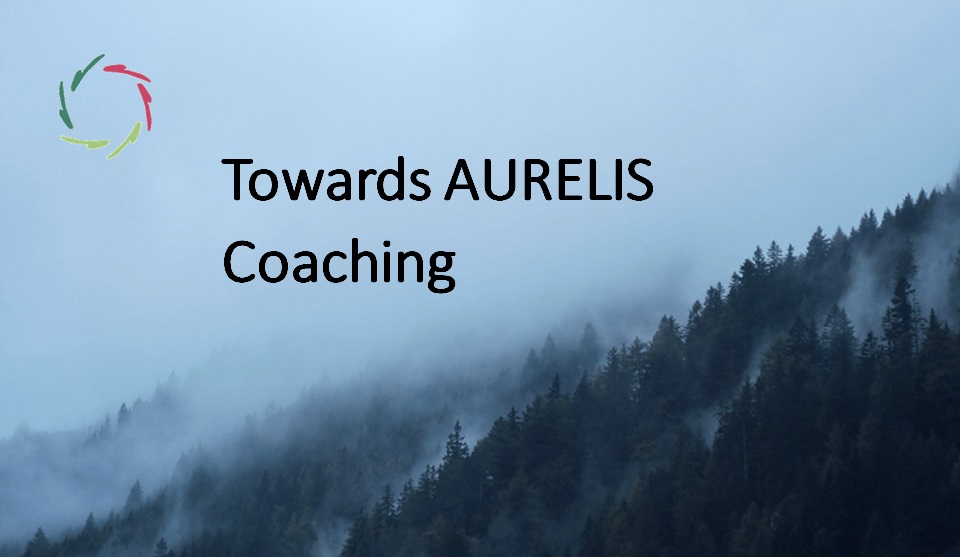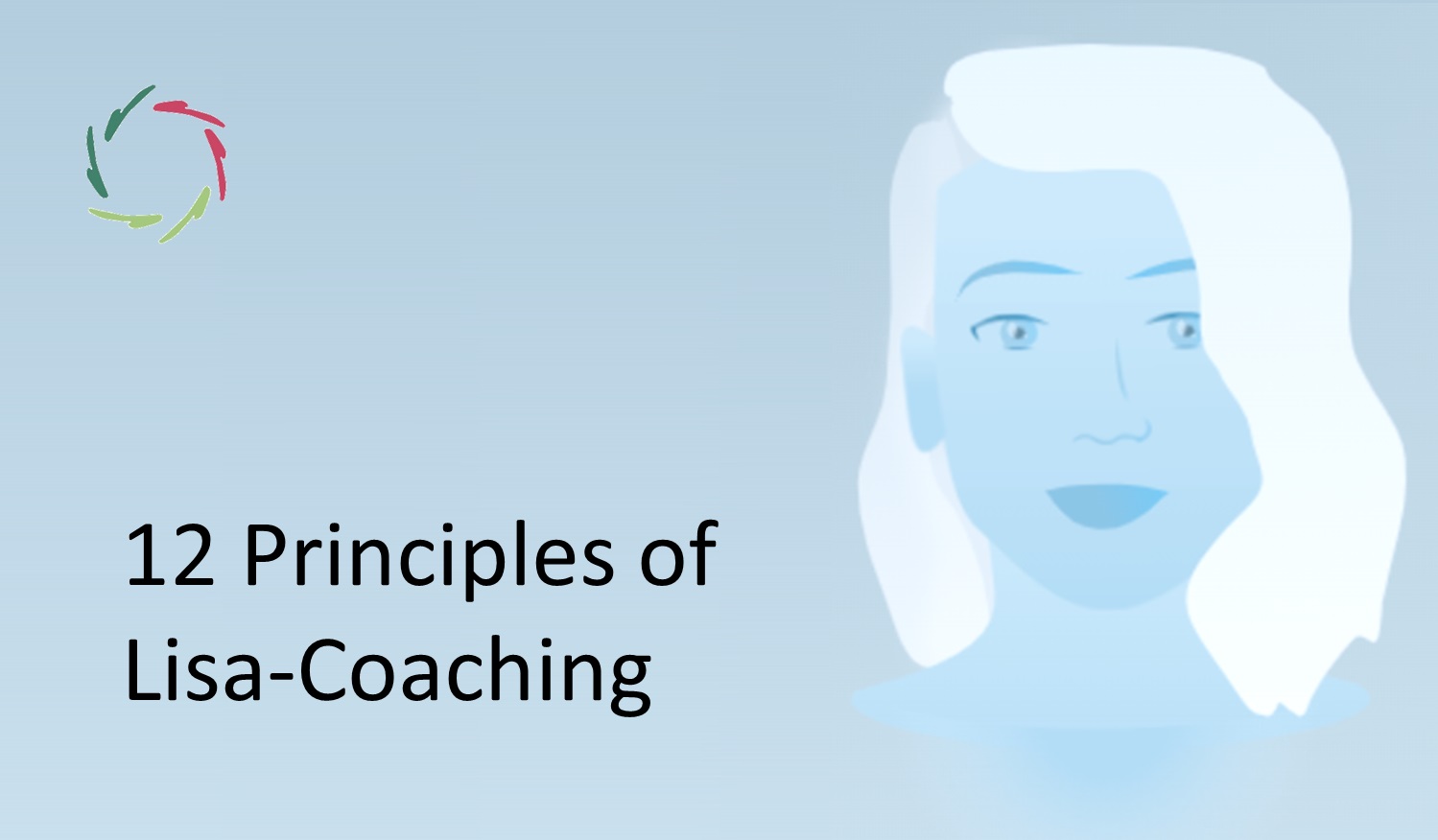Triangle of Therapy

This is a conceptual landscape of psychotherapy/coaching. The three corners are A) Instrumental methodologies, B) Good-friend-therapy, and C) Open coaching.
Conceptual landscape
This has an abstract intention, being about concepts. The three corners are extremes of three continua (the triangle’s lines). Individuals and individual opinions can be present at any point (or subarea) within this landscape, which is the whole surface of the triangle.
There is no use in fighting against other views at the conceptual level. The aim of a conceptual landscape is to better discern relevant differences and talk about them with less terminological confusion. I hope this plainly serves that goal.
Of course, I have a clear opinion. You know where it approximately lies.
Instrumental methodologies
The therapist uses the instrument. The client is the recipient of the action. The therapist can learn to use the instrument like a doctor uses stethoscope and scalpel.
In my view, since people are organisms [see: “You Are an Organism, Not a Mechanism.“], the preferred way towards mental change is also organic ― thus, not readily instrumental. Moreover, science consistently shows that instrumental psychotherapies are not effective. [see: “WHY Psychotherapies Don’t Work“]
This corner of the triangle is not entirely future-proof. Science is already knocking – sorry, banging – at the door. This will only get louder in due time.
Good-friend-therapy
No instruments.
According to research, a person with no education nor experience in psychotherapy/coaching can ‘perform’ as well after a few hours of ‘training.’ Also, psychotherapists don’t perform more effectively after years of practice. So, can a good friend – costing nothing – be an equally good therapist or coach?
The idea generally lives that “everybody can be empathic by nature; we are born with empathy.” Thus, forget psychotherapies/coaching?
Open coaching
The coach is the ‘instrument’ towards the coachee. I broadly put at this corner AURELIS coaching. [see Cat.: “AURELIS coaching“]
Not everybody can be equally empathic. Moreover, the goal is Compassion ― going much further into the domain of subconceptual communication. [see: “Essence of Compassion“]
The basic premise in this corner is that people can indeed become better at coaching/Compassion ― however, not by using instruments. The coach is needed as a total-person, not an instrument-bearer. The coach’s positive evolution is a growth process that can be supported, not coerced. [see: “Is Compassion Art?“]
Gentle slope
Preferably, there are two gentle slopes from both other corners towards open coaching. This is pretty important. It naturally follows the AURELIS philosophy of growth. Nobody should get hurt in the process, though it can be challenging. Each slope relates as well to what may happen within one conversation/consultation as to how, in due time, the whole domain can migrate.
With a therapist using therapeutic instruments, these can be gradually relaxed.
Being a good friend, one can strive to become open even more ― no magic involved, nor any trying to fake things, nor any pushiness for ego-sake.
The road towards open coaching is quickly entered, yet never-ending. [see: “Growing towards AURELIS Coach“]
The goal
The goal is people, of course, in any mind-related issue and as total-person.
The goal is Compassion.
Logically, therefore, the path is the same.


